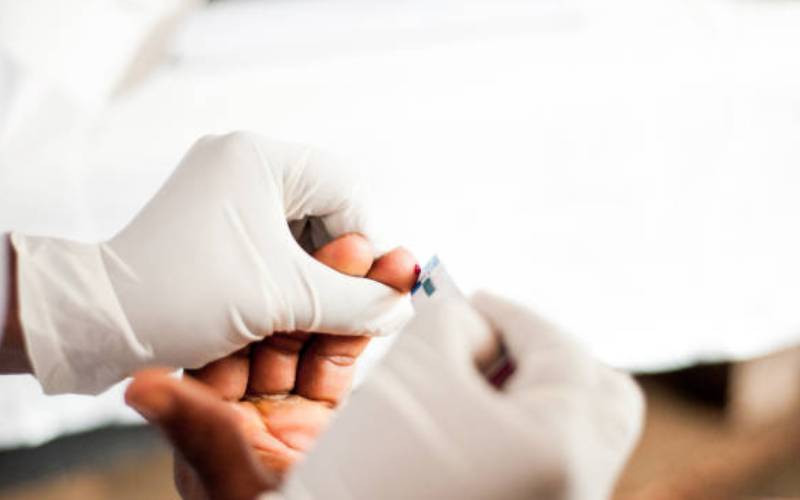
In an exciting development, researchers at the Duke Human Vaccine Institute have made a major stride toward an effective HIV vaccine.
Their experimental vaccine candidate was able to trigger the production of powerful antibodies that can neutralise multiple strains of HIV in a small clinical trial.
The study, published in the journal Cell, provides proof-of-concept that it is possible to induce these highly desired "broadly neutralising antibodies" through vaccination alone - something never before achieved.
"This work is a major step forward as it shows the feasibility of inducing antibodies with immunisations that neutralise the most difficult strains of HIV," says senior author Barton F Haynes, MD, the director of the Duke Human Vaccine Institute, in a media release. "Our next steps are to induce more potent neutralising antibodies against other sites on HIV to prevent virus escape. We are not there yet, but the way forward is now much clearer."
So, what makes these antibodies so special? To understand that, we need to know a little more about how HIV affects humans. The virus rapidly mutates or changes form as it replicates, constantly changing its outer coating to evade the antibodies the human immune system produces. Most HIV antibodies produced by humans can only recognise and neutralise a few if not one specific strain.
Fortunately, researchers have observed that a wide range of HIV strains have a certain outer envelope that remains stable despite these mutations. Unfortunately, only broadly neutralising antibodies, which many people lack, can target this coating.
In the phase 1 clinical trial, the experimental vaccine targeted this stable membrane-proximal external region (MPER) on HIV's outer coat. Out of 20 participants, antibodies capable of broadly neutralising most major HIV strains were detected after just two vaccine doses in several individuals.
"To get a broadly neutralising antibody, a series of events needs to happen, and it typically takes several years post-infection," says lead author Wilton Williams, PhD, an associate professor in Duke's Department of Surgery and a member of DHVI. "The challenge has always been to recreate the necessary events in a shorter space of time using a vaccine. It was very exciting to see that, with this vaccine molecule, we could get neutralising antibodies to emerge within weeks."
The vaccine successfully activated essential immune cells and antibody development pathways. Crucially, the immune cells remained in an adaptable state, allowing them to continuously evolve along with the mutating virus - a major hurdle for previous HIV vaccine attempts. While more work is still necessary to strengthen the antibody response and target additional viral regions, the researchers are highly encouraged by these early results.
Dr Haynes adds that a successful HIV vaccine will likely require at least three components aimed at distinct viral regions.
"Ultimately, we will need to hit all the sites on the envelope that are vulnerable so that the virus cannot escape," Haynes concludes. "But this study demonstrates that broadly neutralising antibodies can indeed be induced in humans by vaccination. Now that we know that induction is possible, we can replicate what we have done here with immunogens that target the other vulnerable sites on the virus envelope."
This landmark study has reinvigorated the decades-long quest for an HIV vaccine by proving the concept of rapidly inducing broadly neutralising HIV antibodies through vaccination. The Duke team's innovative approach shows great promise as a potential path to finally defeating the tenacious virus.
 The Standard Group Plc is a multi-media organization with investments in media
platforms spanning newspaper print
operations, television, radio broadcasting, digital and online services. The
Standard Group is recognized as a
leading multi-media house in Kenya with a key influence in matters of national
and international interest.
The Standard Group Plc is a multi-media organization with investments in media
platforms spanning newspaper print
operations, television, radio broadcasting, digital and online services. The
Standard Group is recognized as a
leading multi-media house in Kenya with a key influence in matters of national
and international interest.











